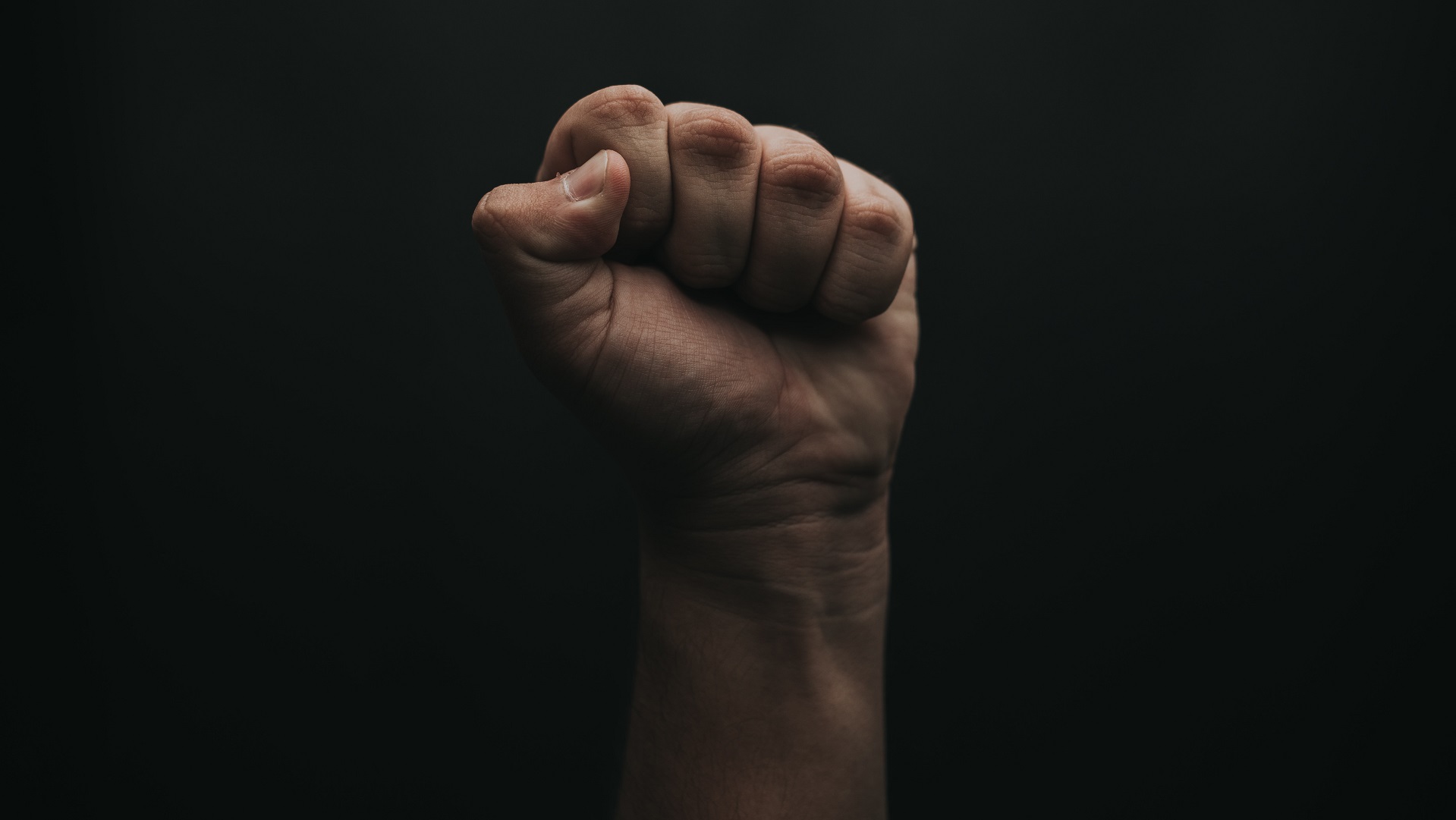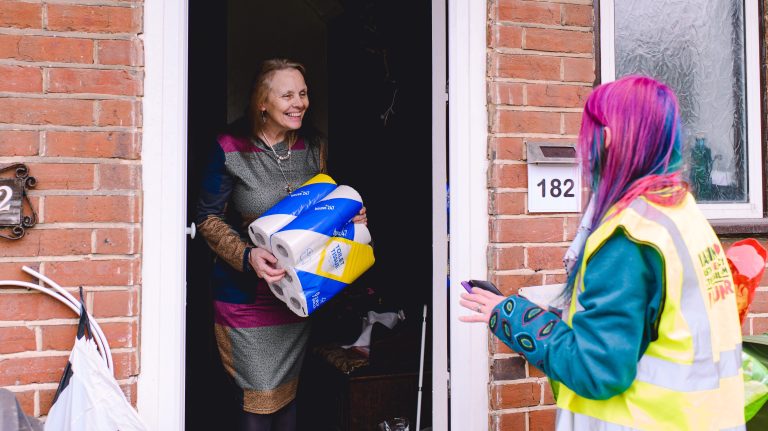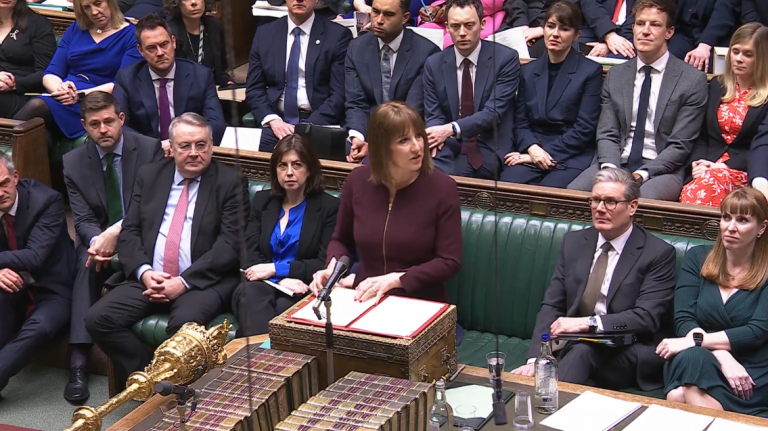“Our policy makers and institutions should be obliged to adhere to these rights and, crucially, those who face the greatest injustices must have their voices heard as leaders in bringing this change about.”
The Covid-19 pandemic has thrust two of those universal rights to the top of the news agenda: food and housing. Neither are guaranteed under UK law.
On Human Rights Day, The Big Issue asked campaigners, politicians and charities to outline why they are continuing to campaign for these rights to have a place in legislation.
“It’s worth reminding ourselves that without food we don’t exist and I think that sometimes gets lost”
While the UK has signed up to several agreements and treaties that include a right to food, including the international covenant on economic, social and cultural rights and three separate international conventions, it has never been enshrined in UK law.
Advertising helps fund Big Issue’s mission to end poverty
Ian Byrne, the MP for West Derby in Liverpool and a co-founder of football fan food poverty campaign Fans Supporting Foodbanks, is one of the leading political voices calling for that to change.
Byrne was among 45 MPs who, this week, signed a parliamentary motion calling for a legal right to food to be included in businessman Henry Dimbleby’s National Food Strategy white paper when it is published next year.
The Labour politician told The Big Issue that the legal backing would be vital to allow government policy decisions, such as Universal Credit’s five-week wait for a first payment – to be challenged regardless of which party is in charge.
“The reason why we need a right to food to be enshrined in law is for accountability,” he said. “At the moment, it is down to the morals of the government of the day to ensure that there is a right to food.
“I think where we are now where 14 million people are able to put a meal on the table, it’s a humanitarian disaster. We feel that something that is so intrinsically important to the health and the survival of the nation as food cannot be left to government policies.”
While Marcus Rashford’s campaigning has done much to highlight and humanise the issue of food poverty in the eyes of the mainstream this year, Byrne insists that a recommendation in the National Food Strategy could be vital for a right to food to be brought into law.
Advertising helps fund Big Issue’s mission to end poverty
“Potentially we’ve got a real opportunity in the next 12 months to do the right thing with the National Food Strategy,” he said. “We can’t speak around the edges anymore. What we have done in Liverpool and around the country through Fans Supporting Foodbanks and what Marcus Rashford has done, it’s a sticking plaster.
“It’s worth reminding ourselves that without food we don’t exist and I think that sometimes gets lost. It’s that important, it’s consuming me as an MP because I feel like it is the biggest issue that we have at the moment.”
Byrne’s work with Fans Supporting Foodbanks on Merseyside has seen the call for a legal right to food go beyond traditional food poverty campaigners and into the heart of the growing football fan movement to oppose food poverty.
MCFC Fans Foodbank Support’s Nick Clarke said that human rights is an essential part of their efforts to prevent people falling into food poverty alongside supplying food banks to keep people fed.
Manchester City fan Nick said: “A right to food would stop the things that cause food insecurity increasing in the country.
“As football fans across our network, the right to food is central to what they do and we are able to push this at the right time with the success of Marcus Rashford’s campaign. He has put the human face on the issue.”
Advertising helps fund Big Issue’s mission to end poverty
“Without housing most of the things that people need to lead a good life are simply not possible”
The right to adequate housing appears in the International Covenant on Economic, Social and Cultural Rights but, much like with food, there is no explicit right to housing in UK law.
The Grenfell Tower disaster gave some impetus to the campaign for that to change following the Equality and Human Rights Commission’s investigation into the fire. The watchdog found that the right to adequate housing had been breached in a report released last year.
While people in the UK have housing rights, including tenancy rights, legal rights to minimum housing standards and rights against unfair rent and eviction, David Ireland, chief executive of World Habitat, told The Big Issue that a legal right to housing would “fill some of the gaps”.
“A home is the place that keeps us safe and warm, the place that holds a family together, it’s where we’re from and it defines who we are,” he said. “Without housing most of the things that people need to lead a good life are simply not possible. To not have a right to housing, is to not have the right to a good life.
Advertising helps fund Big Issue’s mission to end poverty
“The fact that so many people are homeless and many more live in inadequate and unsafe housing demonstrates that there are gaps. Unfortunately economic pressures, an undersupply of social housing, and changes to people’s right to reside in the UK are widening these gaps. A legal right to housing would help create a legal safety net to stop so many people falling between those gaps.”
This week, there was a global call for the right to adequate housing to be taken seriously by world leaders.
The Shift, a campaign group operated by former UN Special Rapporteur for adequate housing Leilani Farha, convened 30 organisations in 20 countries to form Global Homelessness Action.
The coalition, including Welsh homelessness charities End Youth Homelessness Cymru and Llamau, urged leaders to “engage people living in homelessness as rights holders and experts in their own lives” in an open letter ahead of Human Rights Day.
Farha said: “Covid-19 has exacerbated the housing crisis and revealed it for what it truly is: a human rights calamity, decades in the making. Never before has access to an adequate and affordable home been such a stark matter of life or death.”










